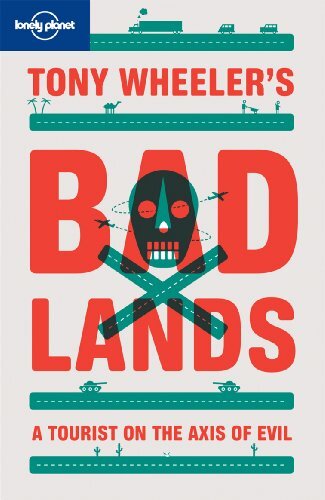As I get older, I sometimes encounter stories that make me wonder how I could possibly have never heard about them before. In Who By Fire, Matti Friedman gives an impressionistic yet precise account of an event that should be part of the broader Rock ‘n Roll mythos alongside Elvis’ hip-shaking Ed Sullivan debut, The Beatles’ rooftop concert, and the fatal stabbing at Altamont Speedway.
In October 1973, Israel fought a brief and brutal war with Egypt and its Arab allies, waged by the latter in retaliation for an ignominious defeat in the Six Day War a few years earlier. The Israelis, careless with bravado from past victories, were caught completely by surprise, and faced the very real threat of annihilation. This conflict, launched on the eve of the Jewish Holiday Yom Kippur, drew Jews from around the world to come and defend their ancestral homeland, regardless of whether they’d once lived there or even visited (echoes of this can be seen in Ukraine today). One of these Jews, who came not to fight but to work on a kibbutz and free up a younger man for the front, was Leonard Cohen.
Cohen never saw a kibbutz. Israel knew he could serve the land he called his “myth home” better with his true gifts of poetry and song. And so he roved about the battlefields of Sinai with a contingent of musicians, playing concerts for weary troops, drifting between platoons like a phantom, leaving many who heard and saw him wondering if the encounter was even real. No footage of these concerts exists, and only a few photographs can be found.
From this material, alongside entries in Cohen’s journal and interviews with spectators, Matti Friedman pieces together a rough account of Cohen’s travels. It is solid journalism, precise when it can be an honest about its gaps when it can’t. Yet the strength of the book is not in reconstructing the minutia of a tour schedule (an impossible task; even Cohen didn’t know where exactly in Sinai he was most of the time), but in capturing the feeling of obligation and looming terror that haunted that war and all others. Indeed, Cohen isn’t even the true protagonist of this book. His concert is more a lens through which to view the lives of several young Israelis fighting for their survival and the survival of their country.
I was moved by this book in ways I didn’t expect. I feel I have a deeper knowledge of Cohen and his myth home for having read it. Though it lacks a cohesive ending, it is powerful from start to finish and adorned throughout with lovely prose. Worth a read from any Cohen fan, but even if you know his work only vaguely (as was the case for some of the soldiers he played for), this book still has a lot to offer through its timeless reflection of war and art, and the place one has in the other.


